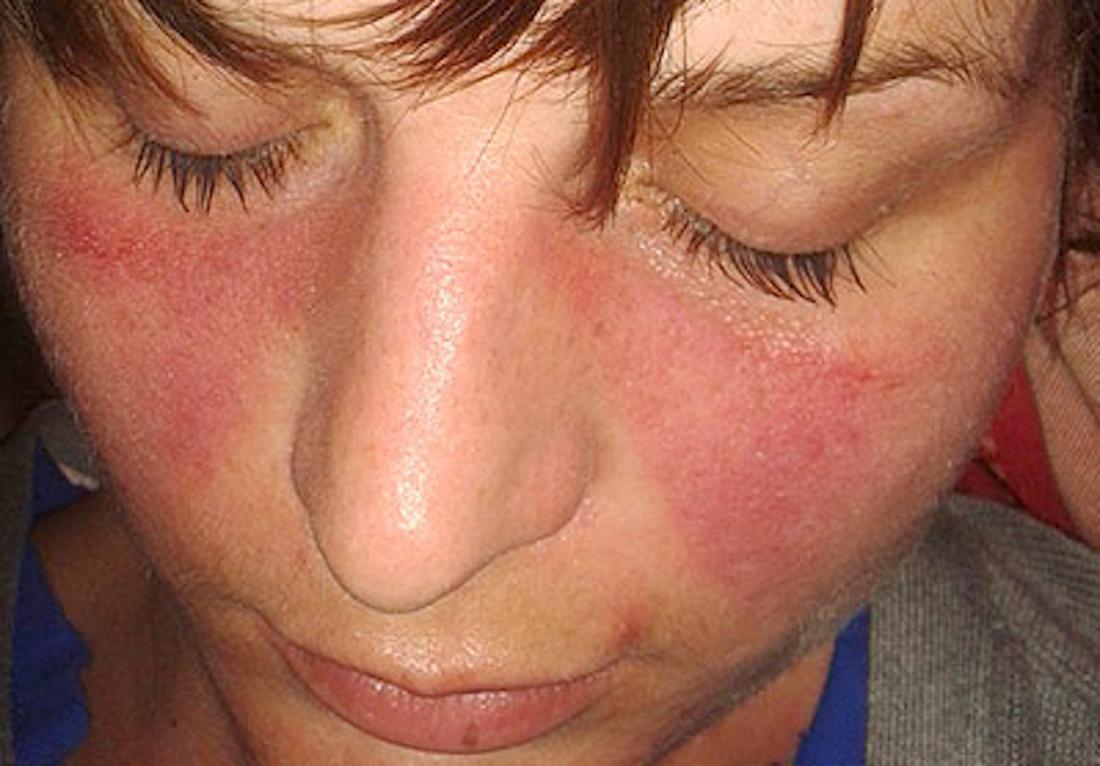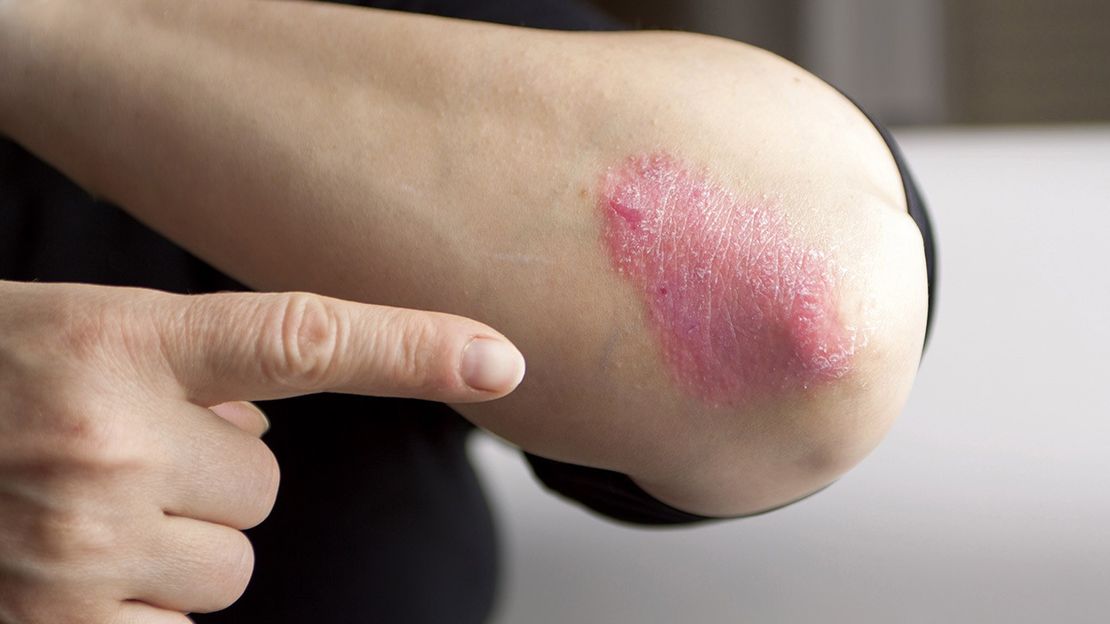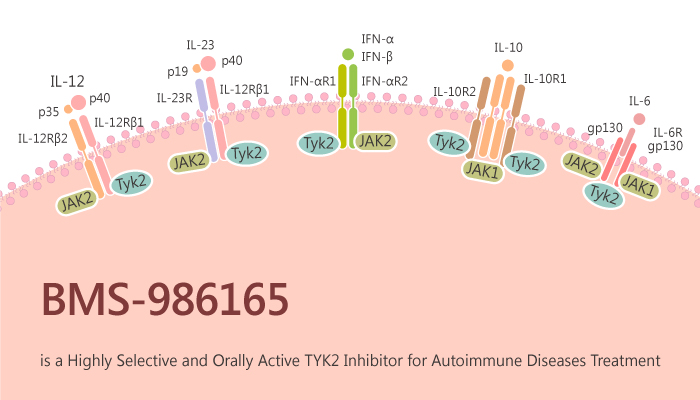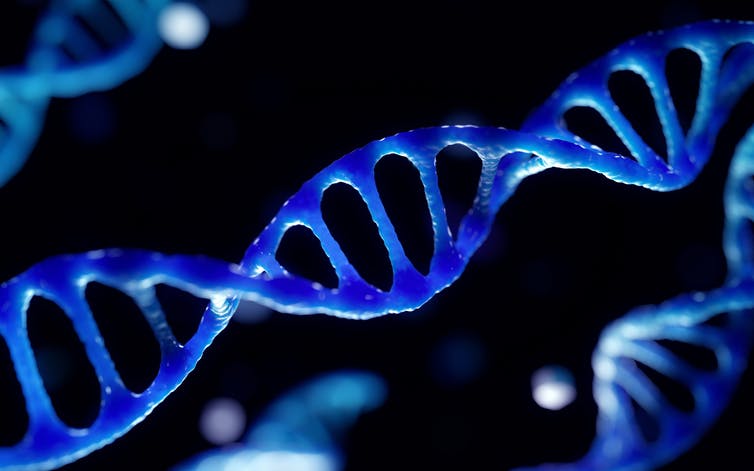No matter how many times a day we wash our hands, clean our house or wash our dishes, we’re still surrounded by bacteria and viruses which can cause illness and disease. So we rely on our immune system to fight off these potential threats constantly. In most people, the immune system operates as an effective –- even if not perfect – defensive mechanism.

But in some people the immune system may go awry, causing it to perceive parts of the body itself as a threat and attack the body’s own tissues and cells. This is what happens in type 1 diabetes, where the immune system targets cells in the pancreas that make insulin. It also happens in rheumatoid arthritis, when the immune system attacks the lining of the joints. Both of these are examples of autoimmune diseases.
A common feature found after studying 20 different autoimmune conditions
There are more than 80 different autoimmune conditions that affect more than 4 million people in the UK alone. While treatments that reduce autoimmune attacks have been developed, there is still no cure for these diseases. Existing drugs might also not be effective in all patients, and can cause severe side effects. In order to develop better treatments, we need to have a better understanding of how these diseases develop.

Over the past decade, many studies investigating the genetics of autoimmunity have found a common feature: a particular gene, called TYK2. This gene has been associated with at least 20 autoimmune diseases, including multiple sclerosis, type 1 diabetes, rheumatoid arthritis, lupus, and psoriasis.
Since the discovery of this gene, a drug that targets TYK2 has been developed and is showing promise for the treatment of psoriasis, a disease that causes raised, red, scaly patches on the skin. Based on the results, this clinical trial gives hope not only for treating psoriasis but for the treatment of other autoimmune conditions as well.
From gene to drug
TYK2 plays an integral role in regulating how active the immune system is. But key to the effect of TYK2 on autoimmunity is what scientists call “gene variants”. Every person will have one of several possible variants of the TYK2 gene. These variants are essentially slightly different versions of the gene, which might make the immune system more or less active depending on what variant a person has.

Certain variants that increase activity in the immune system have been found to increase the likelihood that a person will develop an autoimmune disease, while other variants can actually protect against more than 20 different autoimmune diseases. While genetics is only one of many factors which influence whether a person develops autoimmunity, this discovery may be a major help in improving treatments of many autoimmune diseases.
Since a higher level of TYK2 activity results in autoimmunity, a team of researchers tested the use of a drug, called BMS-986165, which inhibits TYK2 function in treating autoimmune conditions. The drug works by reducing the gene’s activity in the immune system. Promising results were reported when testing the drug both in pre-clinical and clinical settings.
Promising results
The team first studied the effects of the drug in human blood cells. After having observed the effect of the drug on the cells, they then moved on to animal models to test the effect it had on a whole organism. The drug was shown to protect mice from several different autoimmune diseases, including lupus, which causes long-term inflammation to the skin, joints, and organs. Treatment with the drug reduced the number of attacking immune cells by 50% in some cases.

These promising results follow on from a 2018 study, which successfully trialed the drug for the treatment of psoriasis. The study found 75% of patients showed a reduction in the size of skin lesions and severity by 75%. Of these patients, 25% had complete clearance of lesions.
Read: Scientists Discover the Root of Autoimmune Diseases and How They Can Be Treated
These studies, in conjunction with the evidence of the role of TYK2 in another 20 autoimmune diseases, suggest a potential for the use of this drug in the treatment of the other conditions as well. Currently, BMS-986165 is under evaluation in clinical trials in patients with Crohn’s disease, lupus and further trials for psoriasis
Article source: Republished under creative commons license from The Conversation and authored by Melissa Grant Peters, DPhil Student, University of Oxford.
